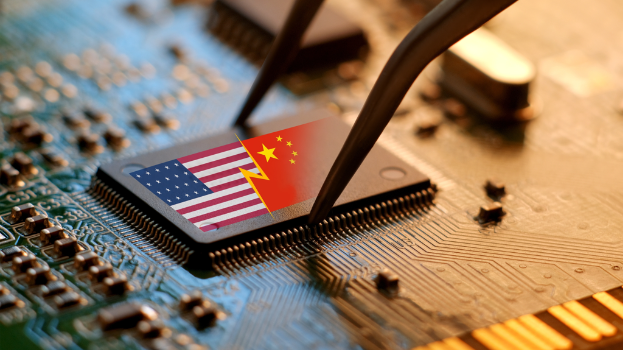
What’s Happening?
- Phone Call Diplomacy: President Trump and China’s President Xi Jinping spoke for 90 minutes last week. Trump called the talk “very good” and hinted at a possible trip to China.
- Trade News: China temporarily allowed three major U.S. car companies—General Motors (GM), Ford, and Stellantis (owner of Jeep)—to import rare earth minerals, critical for making electric vehicles, batteries, and electronics.
Why Rare Earths Matter
- Tech “Vitamins”: Rare earths (like neodymium, lithium, etc.) are essential for modern tech—think smartphones, electric cars, and military equipment.
- China’s Dominance: China supplies ~90% of the world’s rare earths. They’ve used this power before to pressure other countries during trade disputes.
- Temporary Relief: Licenses are valid for 6 months, but details on quantities or long-term rules are unclear.
The Backstory
- Trade War Tensions: In April, China made it harder for the U.S. to get rare earths by adding hurdles like export quotas and paperwork delays.
- U.S. Response: The U.S. is now scrambling to mine and process these minerals domestically. Trump reportedly wants to use the Defense Production Act (a law for emergency manufacturing) to boost production.
The Bigger Picture
- Supply Chain Risks: Reliance on China for critical materials leaves economies vulnerable. Example: If China cuts off supplies, factories could grind to a halt.
- Global Shift: Western nations are teaming up with allies (like Australia or Canada) to reduce dependence on China.
Key Takeaways
🚗 For Car Companies: GM, Ford, and Jeep get a short-term lifeline, but long-term solutions are needed.
⚡ For the U.S.: A “critical minerals race” is underway. The goal? Secure supply chains and innovate fast—before 2030.
🌏 For Everyone: Trade tensions between the U.S. and China are far from over. Rare earths are just one piece of a much bigger puzzle.
Need More Explanation?
- Rare Earths = Minerals essential for tech/green energy. Example: Lithium (batteries), Neodymium (magnets for motors).
- Defense Production Act = A tool letting the U.S. government fast-track production of vital goods during crises.
- Why 2030? Experts warn supply chain fixes and new tech need to be in place before the next decade to avoid economic risks.